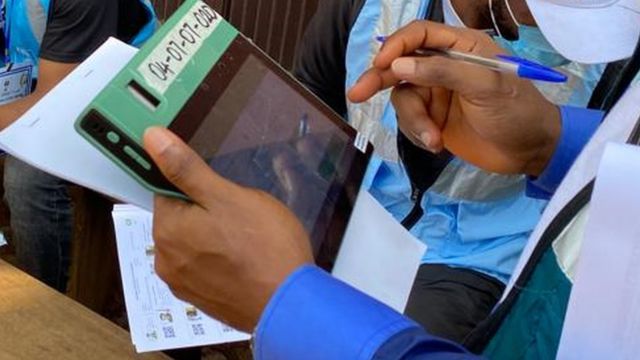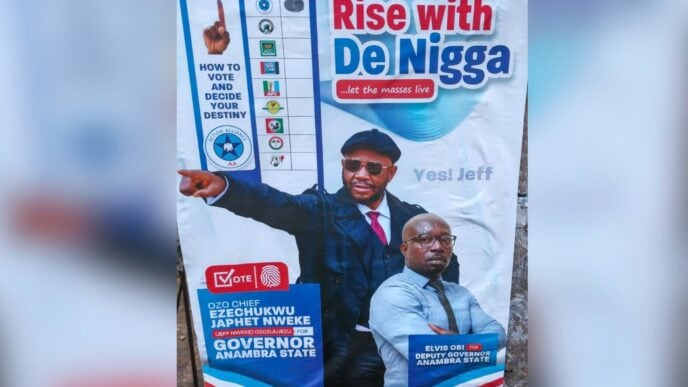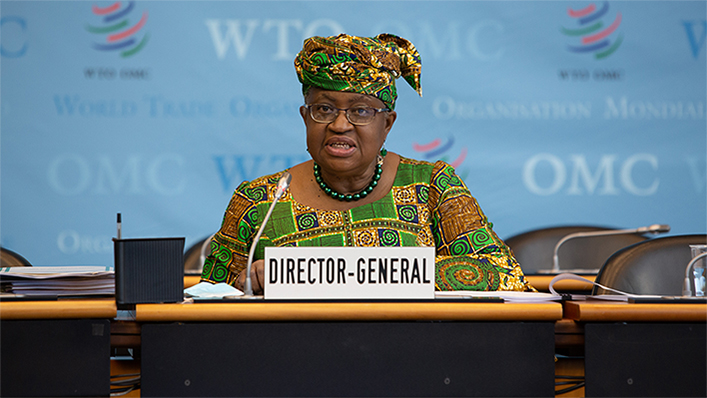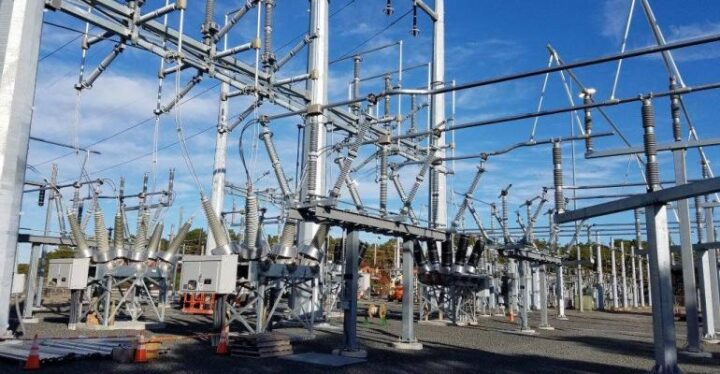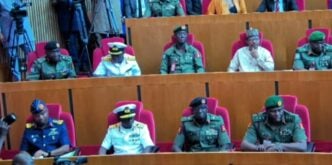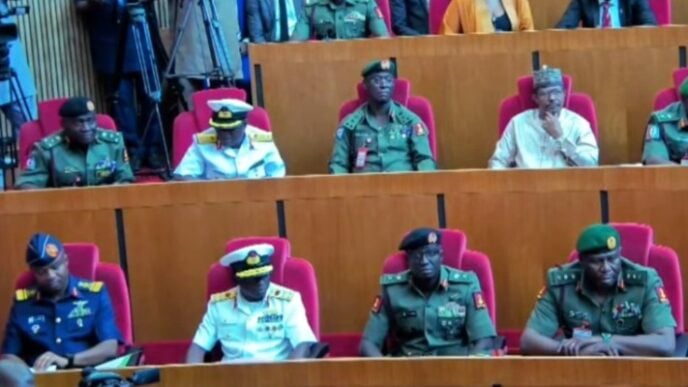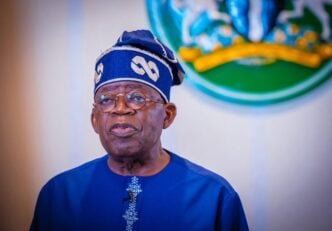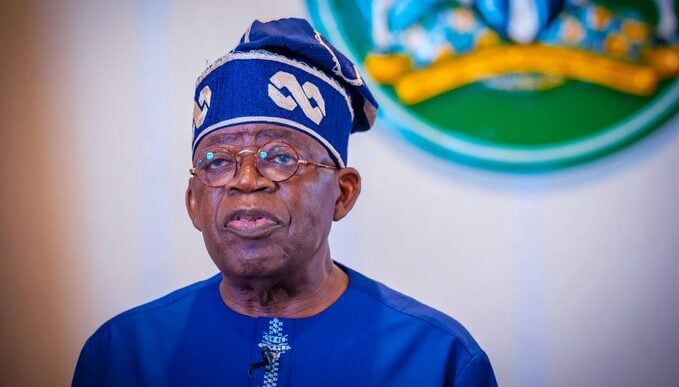On October 23, when President Bola Tinubu swore in Joash Amupitan as the new chairman of the Independent National Electoral Commission (INEC), he urged him to ensure that the forthcoming Anambra governorship election becomes a benchmark for credibility and transparency.
However, the Electoral Act 2022 — the legal framework guiding the nation’s elections — has come under growing scrutiny, with politicians exploiting its loopholes.
The national assembly is currently reviewing the law and has pledged to complete the amendment process before the end of the year.
Civil society organisations (CSOs) driving electoral reforms, including Yiaga Africa, the Centre for Media and Society (CEMESO), the International Press Centre, and the Youth Electoral Reform Project (YERP-Naija) consortium led by Kimpact Development Initiative (KDI), have proposed far-reaching amendments to strengthen Nigeria’s democracy and ensure a more transparent, inclusive, and technology-driven process.
Advertisement
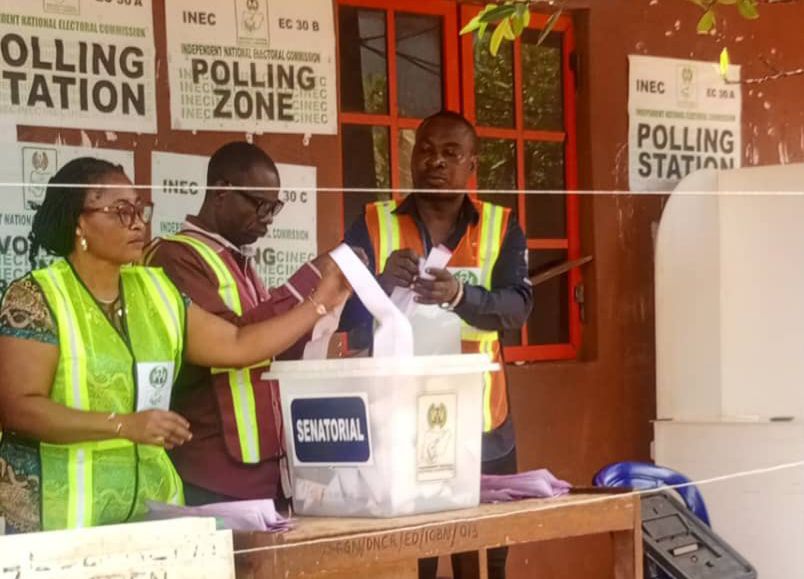
The memorandum outlines key areas of reform, including voter education, register integrity, inclusiveness, candidate selection, technology use, and media access.
Below are the highlights of the proposals
VOTER EDUCATION
Advertisement
The memorandum calls for a review of section 2 of the Electoral Act to make voter education a shared responsibility among INEC, the National Orientation Agency (NOA), CSOs, and the media.
This coordinated civic education is intended to improve voter participation, reduce misinformation, and strengthen citizens’ confidence in the electoral process.
VOTER IDENTIFICATION
The CSOs propose an amendment to section 47(1) of the law to allow voters to present other valid means of identification — such as a driver’s licence, international passport, national identity card, or a downloadable voter card from INEC’s website.
Advertisement
AUDIT OF VOTER REGISTER
The CSOs are seeking a periodic independent audit of the voter register, which must be open to public scrutiny to identify duplicate, multiple, or ineligible entries and to enhance confidence in the register’s credibility.
EARLY VOTING
The document recommends the inclusion of early voting in the extant law to enable Nigerians deployed on essential election duties — such as security officers, INEC staff, accredited journalists, and observers — to cast their votes before the main election day.
Advertisement
The CSOs said these groups are often disenfranchised despite their critical role in ensuring credible polls.
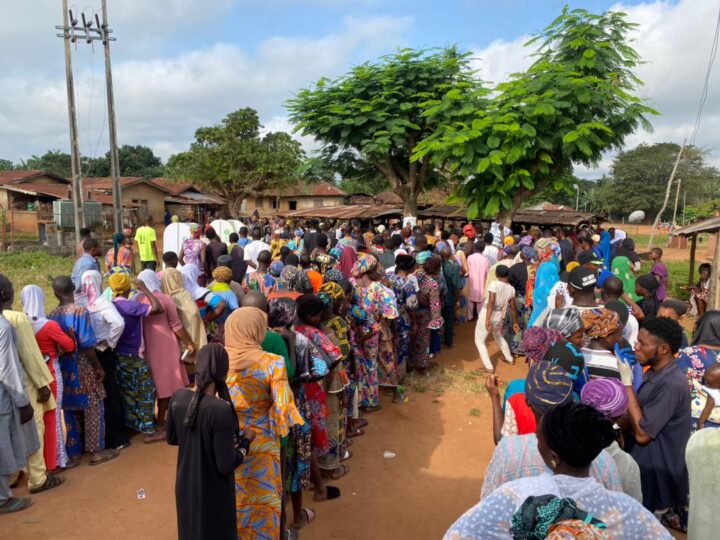
PERSONS WITH DISABILITY
Advertisement
To promote inclusiveness, the coalition is proposing that INEC be legally mandated to provide election materials, notices, and results in accessible formats, including braille, sign language, and simplified visual aids, to ensure that persons with disabilities can participate effectively in the process.
PERIODIC EXPANSION AND REALLOCATION OF POLLING UNITS
Advertisement
The memorandum seeks an amendment requiring INEC to review polling units every five years to ensure equitable voter distribution to prevent overcrowding, reduce long travel distances for voters, and ensure that polling stations reflect population shifts and new settlements.
STRENGTHEN INEC’S MANDATE OF CONSTITUENCY DELIMITATION
Advertisement
The CSOs recommend an amendment to section 100 to explicitly state INEC’s authority to delineate local government areas, registration areas, and electoral wards, with a tolerance limit of 15 per cent in population deviation between constituencies.
SANCTIONS FOR NON-COMPLIANCE WITH PARTY REGISTER AND DELEGATE LIST
The memorandum seeks an amendment to section 77(3) to penalise political parties that fail to submit their membership register and delegate lists at least 30 days before primaries, congresses, or conventions to enhance internal democracy.
SUBSTITUTION OF CANDIDATES AFTER FINAL LIST
To strengthen the credibility of candidate selection in sections 33 and 34 of the Electoral Act, the CSOs recommend a clear prohibition of candidate substitution beyond two weeks after INEC publishes the final list — except in cases of death.
COMPULSORY ELECTRONIC TRANSMISSION OF RESULTS
The memorandum calls for an amendment making the electronic transmission of results mandatory. Polling unit results and collation sheets should be uploaded electronically to reduce human interference, enhance transparency, and speed up result verification at all levels.
TIMELINES FOR TESTING AND MOCK EXERCISES OF ELECTORAL TECHNOLOGIES
To ensure the functionality of technological tools like BVAS and IReV, the document proposes that the national assembly insert clear timelines in the Electoral Act for pre-election testing and mock exercises. This will reduce system failures and build public confidence in the deployment of technology during elections.
AMBIGUITIES IN THE RESULTS MANAGEMENT PROCESS
The memorandum seeks further review of sections 60(5), 64(4)-(5), 42(2), and 47(2) of the Electoral Act to clearly define how results should be collated, transmitted, and verified.
Closing these gaps will strengthen the legal foundation for technology use and reduce disputes arising from conflicting interpretations of the law.
DISCOUNTED AIRTIME AND ADVERTISING RATES FOR MARGINALISED GROUPS
To promote inclusion in campaign messaging, the CSOs propose that public media organisations be mandated to offer discounted advertising and airtime rates to women, youths, and persons with disabilities during election campaigns, thereby expanding access to the political space and encouraging diversity in political communication.
DISTINCTION BETWEEN FREE ACCESS AND PAID ACCESS
The document also calls for amendments that clearly distinguish between free and paid media access for political parties and candidates. This will prevent confusion, ensure fairness, and clarify the obligations of state-owned media platforms during election periods.
BREACH OF MEDIA CAMPAIGN DEADLINES
The CSOs recommend that penalties for violating campaign blackout rules — which prohibit campaigning within 24 hours of election day — should apply only to the offending media organisation, not its officers or staff. The proposal seeks to amend section 96(1) of the law to clarify this distinction.
PROTECTION FOR JOURNALISTS ON ELECTION DAY
The memorandum calls for a legal requirement compelling security agencies to provide adequate protection for accredited journalists and election observers on election day.
In addition, the CSOs are demanding amendments to the relevant sections of the 1999 constitution to strengthen the nation’s electoral process further.
- Transfer of the power of the president to appoint the INEC chairman to an independent and non-partisan committee.
- Conclusion of pre- and post-election petitions before winners are sworn into office.
- Introduction of independent candidacy.
- Transfer INEC’s powers to regulate political parties to the registration and regulatory commission.
- Reduce the qualification for contesting for senate and governorship elections from 35 years to 30 years.
- Introduce reserved special seats for women.
THE TASK BEFORE THE INEC CHAIRMAN
Central to the citizens’ reform demands is the push for mandatory electronic transmission of election results — a measure many Nigerians regard as the actual test of electoral credibility.
Following the controversy that trailed the 2023 general election, where the electoral umpire was criticised for failing to upload polling unit results on the INEC results viewing (IReV) portal, public trust in the process has waned.
For many voters and civil society groups, ensuring that results are transmitted electronically from polling units to the collation centres would close one of the most exploited loopholes in Nigeria’s electoral system.
Amupitan acknowledged these concerns during his senate screening and pledged to audit the IReV portal to identify and fix the glitches that marred the 2023 elections, saying it would help restore public confidence in INEC’s technology systems.
Nigerians, the media, and civil society groups are closely watching to see whether the ongoing electoral reforms under Amupitan will be completed in time for the country to conduct the next general election under a stronger and improved legal framework.
